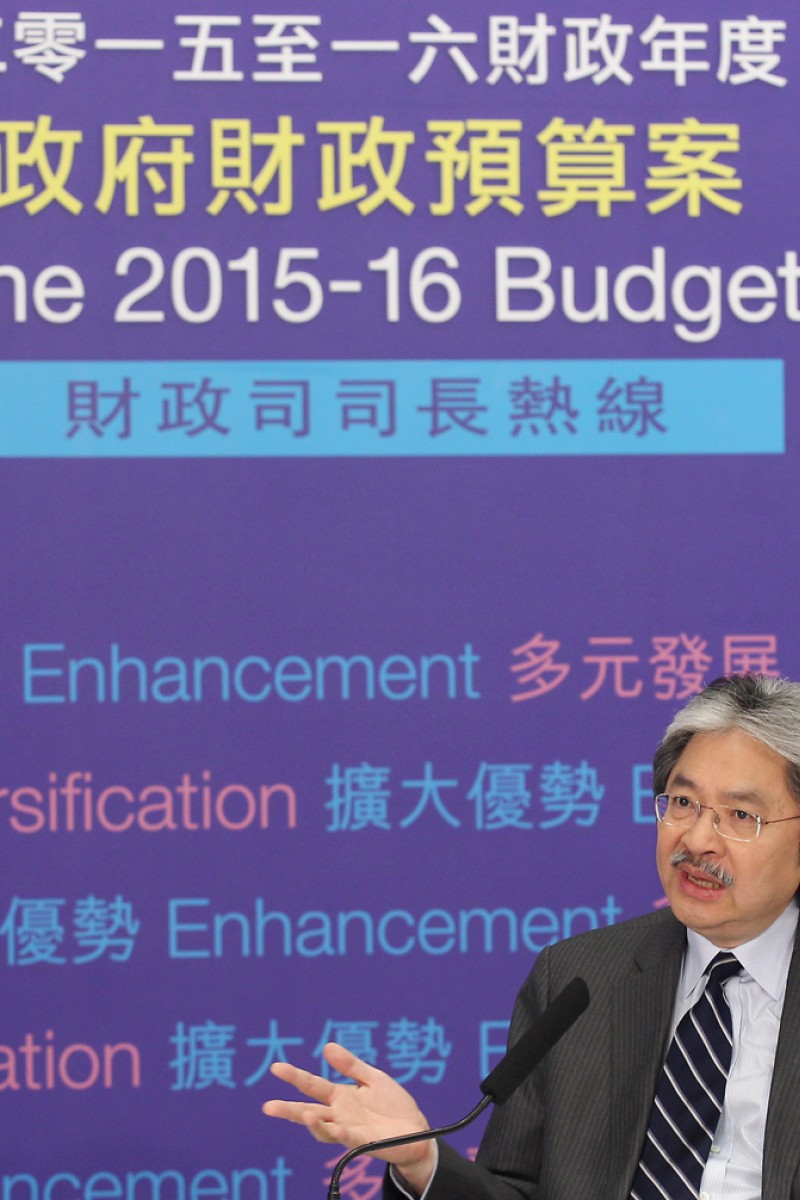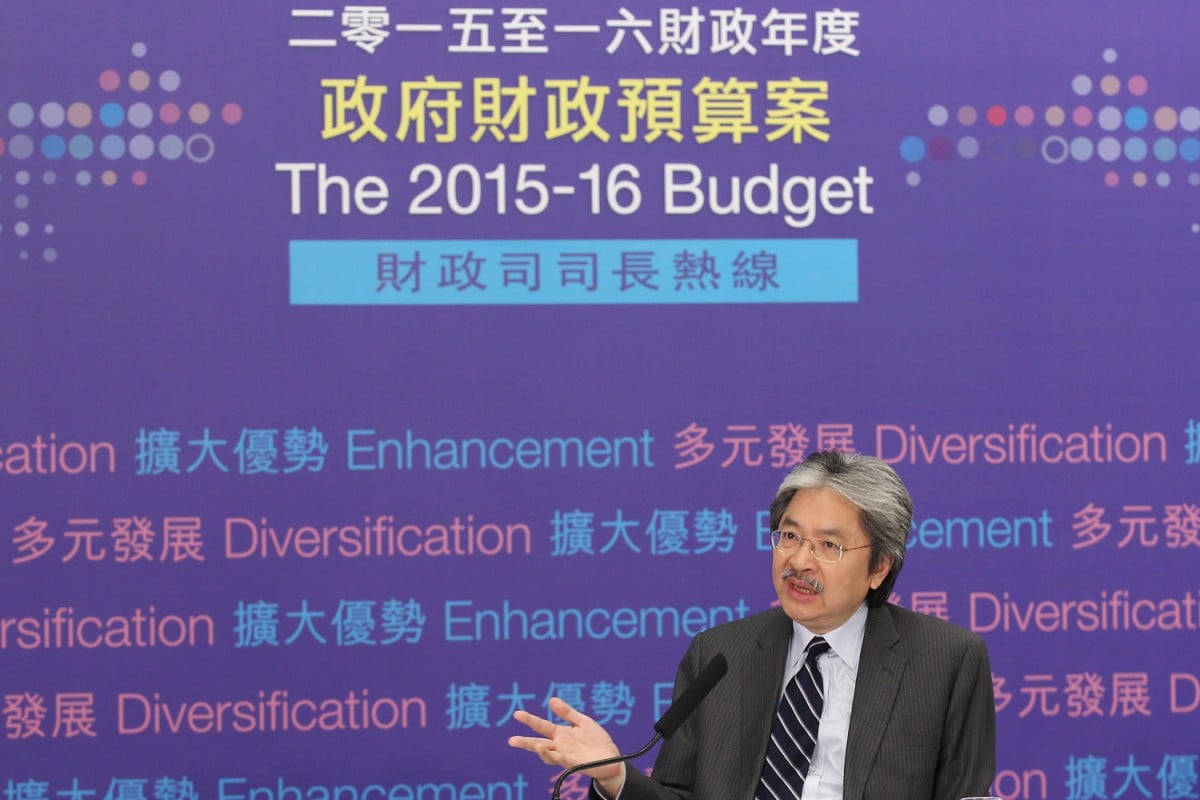

In February, Financial Secretary John Tsang released the government budget for 2015-2016. His plan for spending tax money has taken some steps to improve productivity and education, with plenty of initiatives aimed at students. Its main focus was new 'sweeteners' that boost consumer spending. Yet, the budget must do more to tackle Hong Kong’s real development issues, sooner rather than later.
Tsang tried to appeal to all the divided perspectives on Hong Kong's political spectrum. On one hand, students now have access to almost one billion Hong Kong dollars of scholarship awards and 3,000 government internship opportunities. On the other hand, he waived fees for thousands of big businesses ‘affected’ by the Occupy Central student movement.
Tax cuts give those rich enough to pay taxes more money to spend, which should boost demand and growth temporarily. While these 'sweeteners' are enjoyed now, they are likely to cause toothaches in the future. What’s the best way to use the money stored in record high government surpluses, given away to rich taxpayers and wasted in costly ‘white elephant’ infrastructure like the Zhuhai Bridge to nowhere?
Hong Kong's traditional industries are loosing competitiveness, with the exception of mainland tourism, because young skilled knowledge workers are immigrating to places with lower wealth gaps, higher upward mobility and freer business environments. Tsang seems to empathise with young people's "spiritual needs", but does not fully support their material pursuits.
In theory, his new subsidies for technology, creative and social enterprises give government money to the best firms that need funding. In practice, civil servants would be lucky not to obstruct the most efficient way to reward healthy businesses: allowing individuals to choose which products deserve their money. The government didn't even respond to The Economist's study that showed Hong Kong top in the world for crony capitalism – where big businesses' connections, rather than good products, win profits.
It's delightful to invest in new cultural facilities, but what's even better is a culture of giving those at the bottom of the pile an equal shot at success. Moves to lower the wealth gap would not be charity. In the long run, strong economic growth is driven by strong businesses, which in turn are driven by consumer spending, a free market for startups and an educated workforce.
Although the budget did extend elderly 'fruit money' cash handouts, it ignored the government's study that recommended a universal pension. This would significantly improve the spending and reduce the taxpayer cost of the third of our ageing population that fall under the poverty line and require welfare when they retire.
Business competition, education, poverty, healthcare and the environment: Hong Kong's priorities.
Although Tsang took a sustainable step in the right direction, he must focus less on 'sweeteners' and more on key issues of promoting enterprise, equal opportunity and sustainable development. The real question is what's stopping these moves: a lack of knowledge, courage or political support?